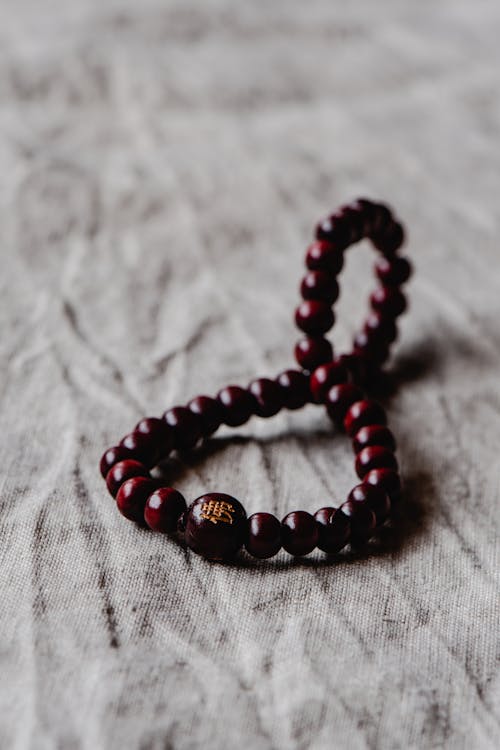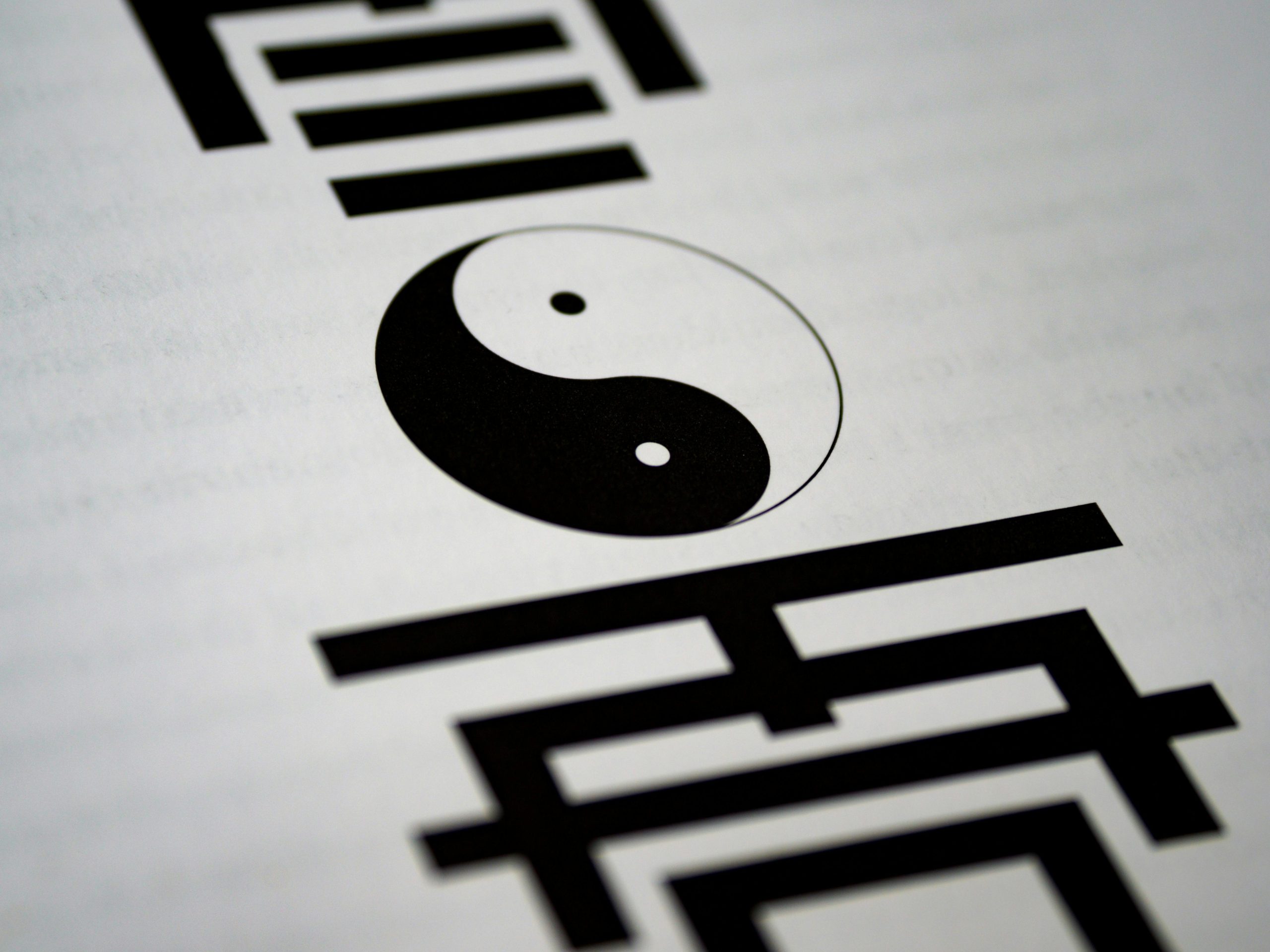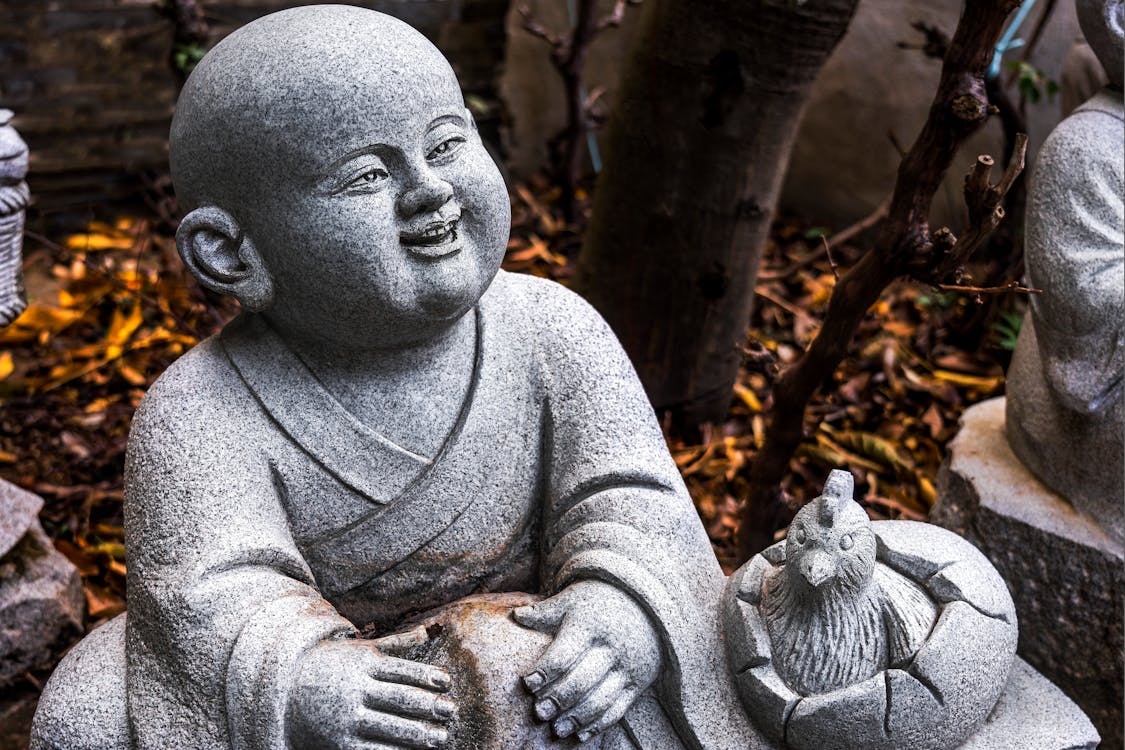Seven Weeks (Forty-Nine Days): How to Perform the Rituals Correctly
Have you ever heard of the “First Seven and Final Seven Days” after a person passes away, and the belief that there are rituals to be observed for forty-nine days, or that the soul of deceased will return on the seventh day? What are the origins of these beliefs, and how should these rituals be observed after the passing of a family member? What happens if these rituals are not observed?
First, it is important to clarify that Chinese spirituality is inseparable from the integration of three major faith systems, namely Buddhism, Taoism and folk religion. Many may identify as Buddhists or Taoists, but upon closer scrutiny, they are more likely to be followers of a mixed form of folk religion.
The Seven Weeks (Forty-Nine Days) of Buddhism
According to Buddhism, there is a transitional period between death and rebirth in the six realms called the “intermediate state” (Bardo). This period can last from a few seconds up to forty-nine days. The Tibetan Book of the Dead mentions that the intermediate state is a phenomenon of birth and death, and each “death” is followed by a “waking” into another intermediate state. The “First Seventh” is when the soul of the deceased “awakens”, and performing the relevant ritual at this time grants them the greatest blessings.
In Buddhist funeral rites, chanting sutras and conducting rituals every seven days helps the deceased reflect and move on to the next stage. It is a form of education and guidance. Simultaneously, the living can also receive teachings on life from the rituals.

The Seven Weeks (Forty-Nine Days) of Taoism
Taoism holds the belief that human beings are born with a balance of yang (positive) and yin (negative) energies, and must practise cultivation to maintain this balance. Pure yang leads to immortality, while pure yin results in death and becoming a ghost. The reason death occurs is due to lack of cultivation according to the principles of Taoism. However, cultivation here refers more to virtues like loyalty, filial piety, benevolence and faith, rather than supernatural powers or abilities.
Human beings have “three souls and seven spirits”, and a spirit is dispersed every seven days after death, until all are exhausted after forty-nine days. Therefore, Taoists can perform scripture recitations or repentance rituals, such as the “Ascension and Attainment of the Tao Sutra”, the “Fengdu Sutra for the Removal of Sins and Blood Lake”, the “Sutra of the Removal of Grievances and Sins”, the “Ten Directions Sutra for Relieving Suffering” and others, to help the spirits to repent their virtues and seek salvation from the deities. The living can also learn Taoist teachings through the scriptures.

The Seven Weeks (Forty-Nine Days) of Folk Religion
Compared to Buddhism and Taoism, the “Seven Weeks (Forty-Nine Days)” beliefs of folk religion are a mixture of myths, legends, and superstitions, local customs and social traditions. A careful comparison will reveal discrepancies between these beliefs and Buddhist and Taoist teachings.
Legend has it that after Emperor Taizong of Tang passed away, his successor burned joss paper money for him every seven days for forty-nine days, which then became a common practice among the people. However, Buddhism and Taoism do not advocate material desires, especially after death. Burning joss paper money and offerings reflect our projection of the living world onto the afterlife.
Some believe in “returning souls” on the seventh day, with spirits depicted as having supernatural powers to appear in dreams or harm people. However, Buddhists and Taoists view spirits as confused and helpless, and that they cannot even protect themselves, let alone possess supernatural abilities or harm the living.
In some places, there are customs of only performing rituals for a “single seventh” for fear that bad things will come in twos. In Buddhism and Taoism, the chanting of scriptures at every seventh day is to educate the spirits and guide them to repent and move on to the next stage, which is definitely considered a “meritorious deed”. Therefore, the fear of bad things happening in twos is unfounded.
In some regions, married daughters may only provide offerings for the fifth seventh day, while the sons are expected to handle the other seventh days. China’s vast geography and inconvenient transportation in ancient times meant married daughters might not be able to return home for the funeral or for each seven-day period, leading to the custom of “Fifth Seventh” for daughters. Additionally, the patriarchal preference meant sons were expected to perform the main rituals. In modern times, emphasizing gender equality and considering the possibility of having no sons or daughters living nearby, it makes no sense for daughters to only participate in the “Fifth Seventh’.
Respect and Blessings
So how should we observe the “Seven Weeks (Forty-Nine Days)” rituals? There is no right or wrong when it comes to faith. One can turn to their own belief system, whether it be Buddhism, Taoism, folk religion or any other religions. The Chinese society is inherently a community of mixed beliefs. Having mutual respect, maintaining family harmony while at the same time holding respect and blessings for our ancestors are the best approaches.

Nirvana Care Professional Department – Ritual & Culture Management
Exploring the impact and development of Chinese culture on Malaysian society and focusing on the origins of the community’s funeral cultures, we have borrowed and adapted ancient customs to nurture the development, cultivation, deeper understanding and growth of Nirvana Care’s bereavement care services.
About the Author
Ng Ai Ling, Nirvana Care Professional Department – Ritual & Culture Management
Ms. Ng has a master’s degree in Chinese literature from Taiwan’s National Dong Hwa University and many years of experience in writing and research. She is currently a newspaper columnist and has been publishing articles on Hong Kong and Taiwan online platforms for many years.
Double Spring and Leap Month
What are “Double Spring” and “Leap Month”? A Double Spring Year refers to a year containing two “Beginning of Spring (Lichun)” solar terms. In the 24 Solar Terms system, Beginning of Spring symbolises the awakening of yang energy and nature’s rebirth – the beginning of annual vitality. Two Beginning of Spring occurrences signify double yang energy and the return of spring’s blessings, making it extremely auspicious.
A Leap Month Year occurs due to……
Stars in the Night Sky
we will become a star in the sky, becoming one among a sea of twinkling lights. We can always see our loved ones and friends in the night sky, so we won’t be alone
Worship offerings: Preserving tradition and keeping up with the times
there is a traditional proverb for worship, that it is hoped that people should drink water and think of the source, and to pay careful attention to one’s parents’ funerary rites and to worship one’s ancestors. The children and descendants must remember that they owe it to the sacrifices of their ancestors that they get to enjoy the shade of the great trees and the fruits of their labour!
So this is what my social media accounts will look like after I’m gone!
So this is what my social media accounts will look like after I’m gone! Although there are still some who will avoid talking about death, people are beginning to accept the inevitable and face it positively and pre-plan with changing times. However in modern society,...
Nirvana’s Golden Harvest Reward: An excellent mutual benefit for customers
A free gift given with purchases of specific Nirvana products, the innovative reward programme allows customers to enjoy an estimated 4-times reward of the purchase price in a period of 30 years – with zero risk and zero investment capital – creating a win-win outcome for everyone.
Maintenance trust funds for memorial parks: Why is it important for customers?
Maintenance trust funds for memorial parks: Why is it important for customers?
The Final Portrait
Many people tend to think they don’t need to have their pictures taken or they dislike the notion because they are too old. Later however, when the time comes to prepare for the funeral, there simply isn’t a suitable or presentable photo that can be used as a funeral portrait.
RHYME OF LIFE: A PRICELESS TREASURE OF LOVE
“The goal isn’t to live forever, the goal is to create something that will.”
Nirvana Center Kuala Lumpur built their unique columbarium that is touted to be unlike any other found in Malaysia – the Rhyme of Life, embodying American journalist and novelist Chuck Palahniuk’s quote above.
Why are funerals needed?
Every ritual at a funeral is a way to accept the fact that we have lost a loved one, and the loss of a loved one is an unavoidable life experience for everyone and it is also a process.
PRE-PLANNING THE FUTURE AS AN ACT OF LOVE
In some cultures, death is a taboo topic.
What’s more, to talk about death and money in the same conversation would raise suspicion of greed and distrust.


























